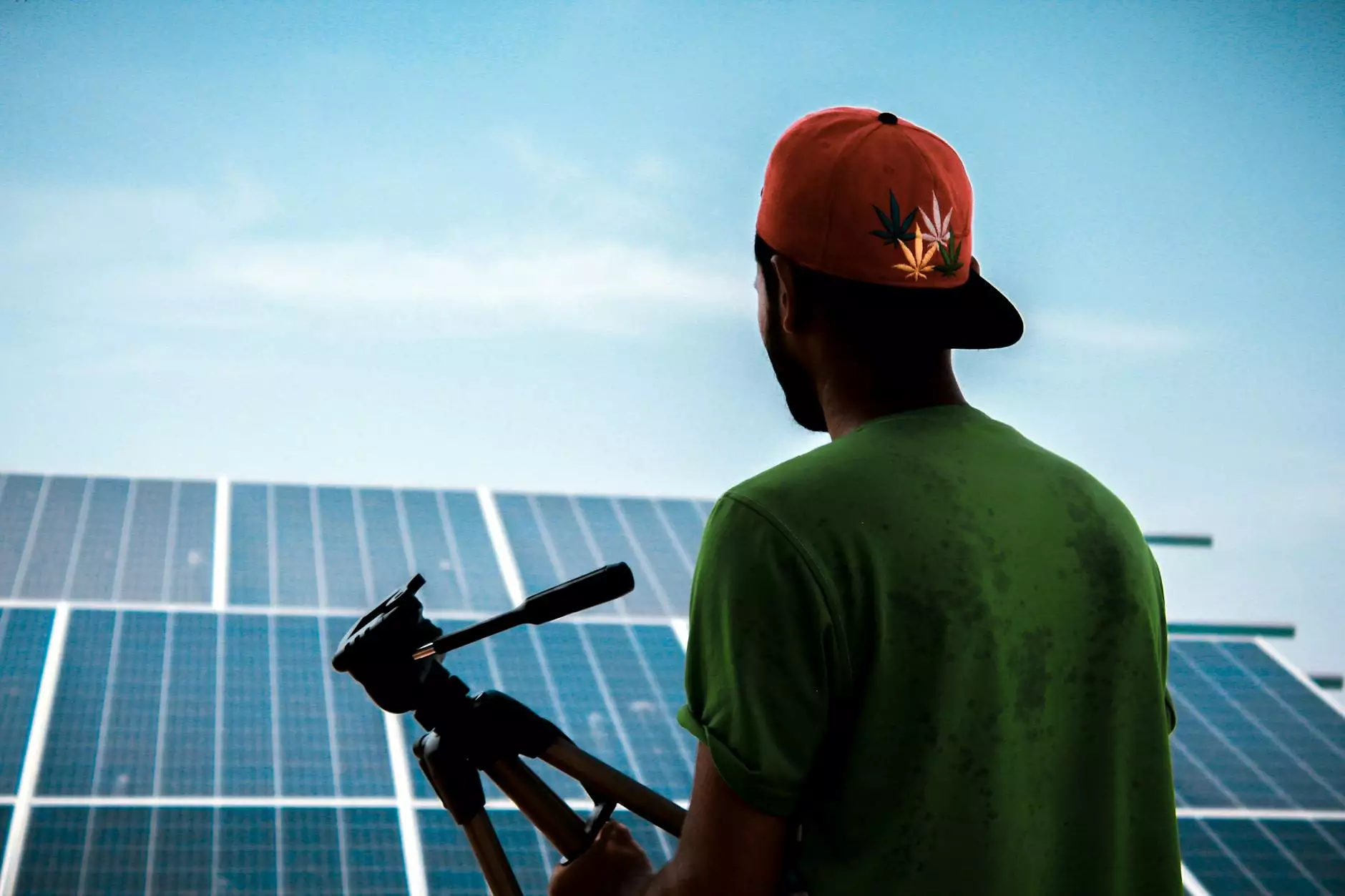The Pros and Cons of Using Nuclear Energy

Nuclear energy, often a topic of debate, is a powerful source of energy that has both advantages and disadvantages. It is crucial to weigh these carefully to make informed decisions about its usage.
Advantages of Nuclear Energy
1. Low Greenhouse Gas Emissions: One of the significant benefits of nuclear energy is its low emission of greenhouse gases compared to fossil fuels. This makes it a cleaner alternative for power generation.
2. High Energy Output: Nuclear power plants can produce large amounts of electricity from a small amount of fuel, making them highly efficient in meeting energy demands.
3. Reliability: Nuclear power plants can operate continuously for extended periods, offering a stable source of energy to support various industries and infrastructure.
4. Energy Security: Nuclear energy reduces dependency on foreign oil and promotes energy independence within a country, enhancing national security.
Disadvantages of Nuclear Energy
1. Radioactive Waste: One of the major drawbacks of nuclear energy is the production of radioactive waste, which requires proper handling and disposal to prevent environmental contamination.
2. Risk of Accidents: Despite strict safety measures, nuclear accidents like Chernobyl and Fukushima have demonstrated the potential catastrophic consequences of nuclear power plant failures.
3. High Initial Costs: Building nuclear power plants involves significant upfront costs, making it a substantial financial investment that may deter some countries or companies.
4. Limited Uranium Reserves: Uranium, the primary fuel used in nuclear reactors, is a finite resource. The reliance on uranium raises concerns about long-term sustainability.
Technical Aspects of Nuclear Energy
Nuclear energy is harnessed through the process of nuclear fission, where atoms are split to release energy in the form of heat. This heat is used to produce steam, which drives turbines to generate electricity. The controlled chain reactions in nuclear reactors enable the continuous production of energy.
Nuclear Reactor Types
- Pressurized Water Reactors (PWR)
- Boiling Water Reactors (BWR)
- Advanced Gas-Cooled Reactors (AGR)
- Fast Breeder Reactors (FBR)
Nuclear Energy and Climate Change
The role of nuclear energy in combating climate change is a topic of interest. Its low carbon footprint positions it as a potential solution to reduce greenhouse gas emissions and meet sustainable energy goals.
Making Informed Decisions
When considering the use of nuclear energy, it is essential to carefully evaluate its benefits and drawbacks in the context of environmental impact, safety, and economic factors. Governments, energy companies, and individuals must weigh the pros and cons to make informed decisions about the role of nuclear energy in the future energy landscape.
For more information about nuclear energy and its implications for the energy industry, visit Our Power at our-power.co.uk.
pros and cons of using nuclear energy


